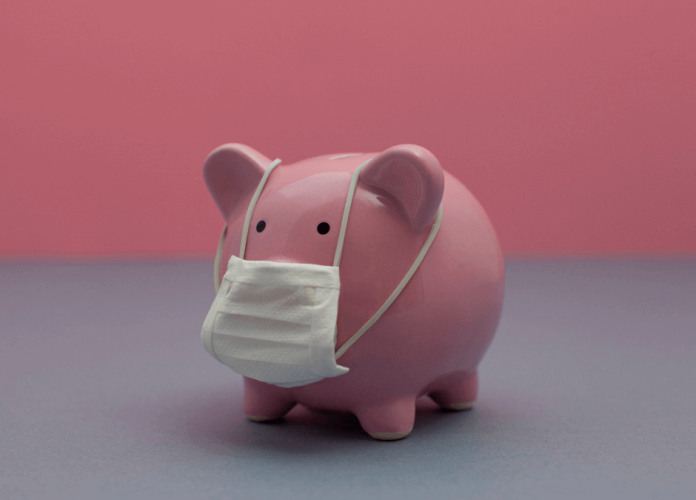Sometimes it’s pretty clear what might have caused a drop in your credit score, especially if you recently lost your job or had an unexpected expense come up such as a major car repair or medical problems. Or you might have gotten careless or been preoccupied with other things in your life and just forgot to pay some of your bills on time.
If none of those things have happened but you’ve had a drop in your credit score anyway, there are some other factors that sometimes cause a credit score drop that you may not know about. If you’re hoping to improve your credit score, you need to know what things could have caused a problem.
How Much Do You Owe?
Credit cards can make it easy and convenient to buy what you want. If you don’t think about what you already owe before you make another purchase, you might find your credit cards close to maxed out. The percent of available credit that you’re using is known as your credit utilization rate. You should try to keep this number as low as possible because a high credit utilization rate can hurt your credit score. If possible, you should be using less than 30 percent of your available credit.
Having a balance on too many cards can also hurt your score, especially if you have a hard time keeping up with what’s due when. Taking advantage of multiple retail credit card offers can harm your credit if there are several credit inquiries in a short period of time. It makes a lot more sense to have a balance on just one or two cards.
Less Well-Known Factors That Can Harm Your Credit
Other things that you might not know can bring down your credit score include:
- Having no credit history. Some people make it a point to avoid buying things on credit altogether, but if you have no credit history at all, that can cause a low credit score. You might feel you don’t want any debt, but your credit score can also be used for things like renting an apartment. It’s a good idea to have at least one credit card or loan so that you have a good credit history.
- Co-signing for someone else. If you’ve started to build a good credit history, you may want to try to help someone else who asks you to co-sign for a loan. However, even though the other person has every intention of paying this loan, it’s still going to affect your credit, especially if they miss a payment.
- Ignoring bills you think are wrong. If you have received a bill that you think is wrong or unfair, don’t simply ignore it. You’re still responsible to pay it even if you’re disputing it. Keep a paper trail of correspondence disputing the bill.
- Medical bills. If you have had health problems and have medical bills that you can’t afford, try to work with the medical practice or hospital to see if you can work out a payment plan. Unpaid medical bills may show on your credit report as accounts in collections which can hurt your credit score.
Be proactive about paying your bills and paying attention to what’s on your credit report. Your credit score doesn’t have to define your future. Dovly makes it easy to remove issues and open up new opportunities for you. Dovly provides credit monitoring and improvement services to help you to get ahead financially. Get started today.



